
Germany
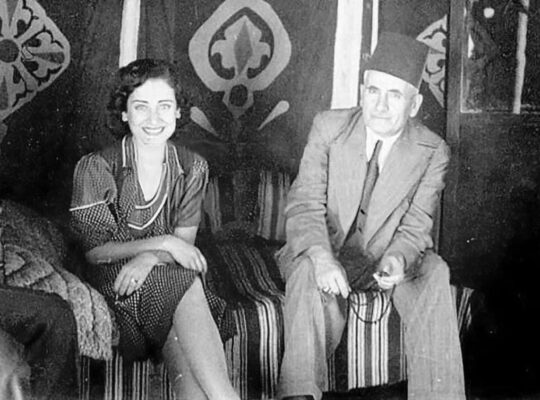
The First Arab Indie Label
The rise and fall of the Baidaphon music label is a story of entrepreneurship and inventiveness, spanning countries at a time of global upheaval, and of love and friendship among Arabs and Jews amid growing racism and antisemitism. But above all, it is the story of the Baida family.
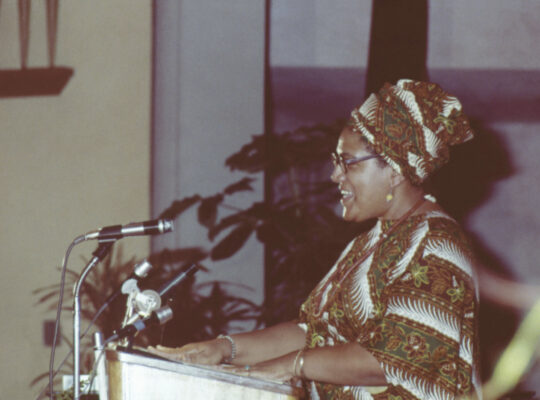
Revisiting Audre Lorde’s Berlin
Bearing witness to the monumental changes happening at a transitional time for Germany, Berlin became a source of both support and comfort for the poet Audre Lorde, as well as a place that would haunt her.

Talahons on Trial
Germany’s word of the year is “talahon.” It emerged from hip-hop as a meme characterizing Arab-German youth, morphed into a cultural phenomenon and was ultimately weaponized by the far right to gain unprecedented support in the recent federal elections.
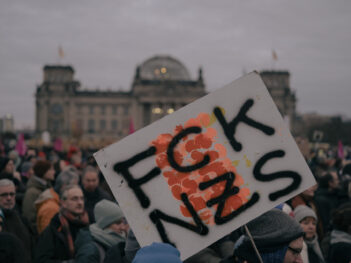
The Phantom Far-Right Menace in Germany’s East
Germany’s recent federal election showed a sharp rise in support for the far-right AfD party, which media and political analysts have blamed on voters in the former East Germany. But the data shows a picture that is far more nuanced.
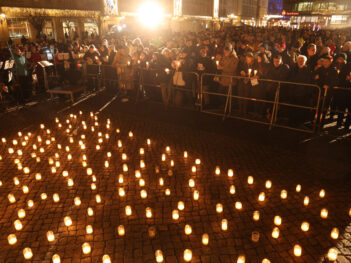
How a Saudi Atheist Became a Killer
Taleb Abdulmohsen’s attack on a Christmas market in Germany concluded the story of a paranoid and grandiose personality with a persistent record of inserting himself in just causes — only to adopt unjust means in their pursuit.
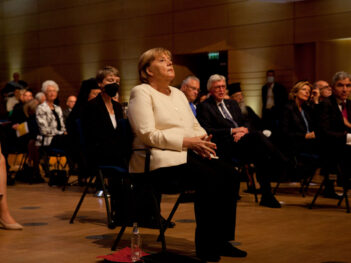
Merkel and Memory in Modern Germany — with Katja Hoyer and Faisal Al Yafai
Katja Hoyer joins New Lines’ Faisal Al Yafai on The Lede to discuss her history of East Germany, reunification and the former state’s most famous living politician, Angela Merkel.

The Former East Germany Is Fertile Ground for the Far Right
The German far right is strongest in the country’s formerly communist eastern states. Tracing the Cold War legacies of East Germany shows how a movement that is rising across Europe also feeds on unique national and regional histories.
